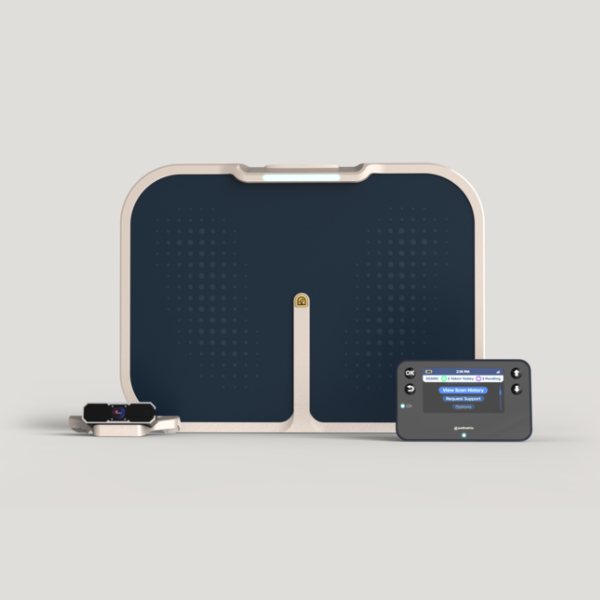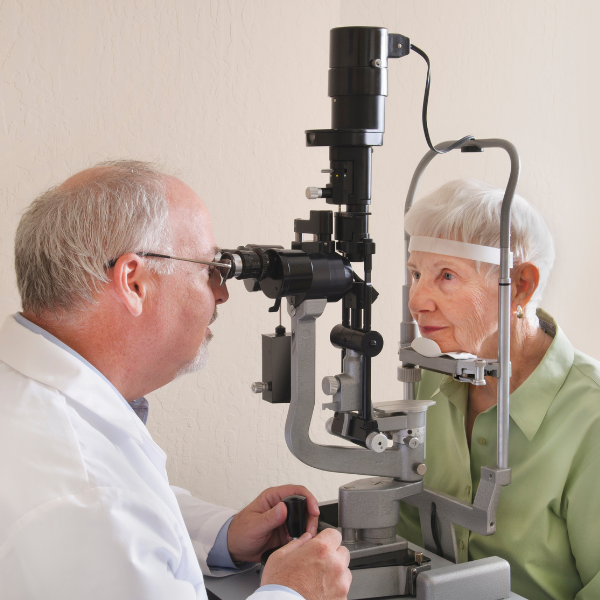Regular assessment detects ulcers even in patients with recent wounds and partial foot amputation
SOMERVILLE, Mass., February 25, 2020 — Podimetrics, a care management company with the leading solution to help prevent costly and deadly diabetic foot ulcers, today announced new research that found once-daily temperature monitoring effectively detects diabetic feet ulcers in vulnerable patients, including those with recent wounds and partial foot amputation. Such complications significantly increase risk for ulceration, and patients with them were previously considered challenging to monitor. The research was published in Diabetes Research and Clinical Practice, the official journal of the International Diabetes Foundation.
“Identifying signs of new ulcers in patients that have recently healed wounds or partial amputations has long been considered particularly difficult, and the effectiveness of temperature monitoring in this population had been questioned,” said Dr. Ian Gordon, the study’s lead author and a vascular surgeon at the VA Long Beach Healthcare System. “This research shows that daily temperature monitoring is in fact effective at identifying signs of ulcers in this patient population, just as it is in patients without these complications.”
Despite compelling evidence and its inclusion in multiple practice guidelines, daily temperature monitoring was thought to be less accurate in detecting diabetic feet ulcers for patients with recently healed wounds or partial amputations. This study provides evidence to the contrary, demonstrating that temperature monitoring is just as accurate even among populations with these additional complications.
The study authors analyzed data collected using the Podimetrics SmartMat™ from 129 participants with a previously healed diabetic foot ulcer, which included groups of patients both with and without partial amputations and recent wounds. The alert lead time for a potential diabetic foot ulcer was consistent across all groups, meaning that the monitoring solution was equally effective for those in the potentially more challenging groups.
Detecting problems in these populations is particularly important given that they are inherently at an increased risk for ulceration. In fact, patients with recently healed wounds are considered high risk because most instances of recurrence happen in the first few months after a wound heals. Patients with partial amputations are also considered high risk because the pressure distribution on their feet is abnormal, increasing the likelihood of wounds and future amputation.
The authors note that the form factor of the Podimetrics SmartMat™ is well suited for monitoring patients with prior amputation and recently healed wounds. Almost half of the patients in the study have had an amputation, making many in-shoe temperature monitoring devices, such as socks or insoles, impractical. In contrast, the SmartMat™ can easily accommodate patients with any-level amputation or degree of foot deformity by generating high-resolution foot temperature maps, or thermograms, of the feet without requiring modified footwear.
“This research helps demonstrate that Podimetrics’ solution is effective for a wide swath of patients, including those who were previously assumed to be difficult to accurately monitor,” said Brian Petersen, Co-Founder and Chief Scientific Officer at Podimetrics and a study author. “This research represents a significant step toward ensuring effective monitoring for all patients at high risk of developing a diabetic foot ulcer.”
Early detection of diabetic foot complications is critical given the scale and associated costs. Lower-limb-related problems represent one-third of the $245 billion spent on diabetes each year in the U.S. More than 1 million diabetic feet ulcers are diagnosed annually and they have a devastating effect on patients’ lives, leading to debilitating injuries and amputations, which can cost more than $100,000 each.
Podimetrics was founded in 2011 by a physician, engineers, and graduates from MIT and Harvard. Its SmartMats™ are FDA-cleared, have the American Podiatric Medical Association Seal of Approval, and are manufactured in Massachusetts.
About Podimetrics
Podimetrics is a care management company with the leading solution to help prevent diabetic foot ulcers (DFU), one of the most debilitating and costly complications of diabetes. On behalf of payers and at-risk providers, we send high-risk patients our FDA-cleared, cellular-connected SmartMat™. After placing their feet on the mat for just 20 seconds a day, patients’ data are automatically sent to our care management team that helps address any concerning findings. By combining cutting-edge technology with best-in-class care management, Podimetrics earns high engagement rates from patients and allows clinicians to achieve unparalleled outcomes saving limbs, lives, and money. Founded in 2011 by a physician and engineers from MIT and Harvard, Podimetrics is headquartered in Somerville, MA and backed by Norwich Ventures, Scientific Health Development, Polaris Partners, and Rock Health. For more information, go to www.podimetrics.com or follow us on Twitter @podimetrics.





